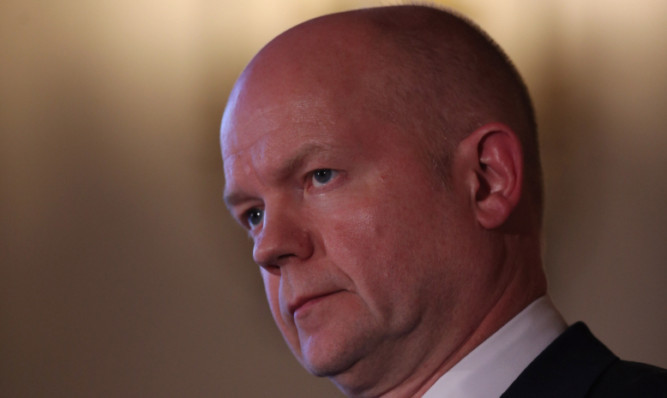The risks that UK-supplied weapons could fall into the hands of jihadists in Syria may well be outweighed by the gamble of not doing more to end the crisis, William Hague has said.
No decision had been taken to arm the opposition to Bashar Assad’s regime, the Foreign Secretary said amid British and French pressure for a European Union arms embargo to be lifted.
Any shipments of weapons would have to be “very carefully controlled” but there were “even greater risks” posed by continued violence, he said.
“If we did that, it would have to be very carefully controlled in terms of what we would actually send, how we would monitor what was sent and the guarantees that would be needed from the people they were sent to. There are risks, of course, which is why we haven’t so far sent lethal equipment to the opposition.
“But if this crisis goes on worsening in the way that it is in the coming weeks and months, there are even greater risks that have to be weighed against that: the risks of international terrorism and extremism taking root in Syria; the risks of Lebanon, Iraq, Jordan being destabilised; and the risks of extreme humanitarian distress.”
Prime Minister David Cameron has warned the UK “might have to do things our own way” if it fails to secure a relaxation of the embargo at a meeting in May.
